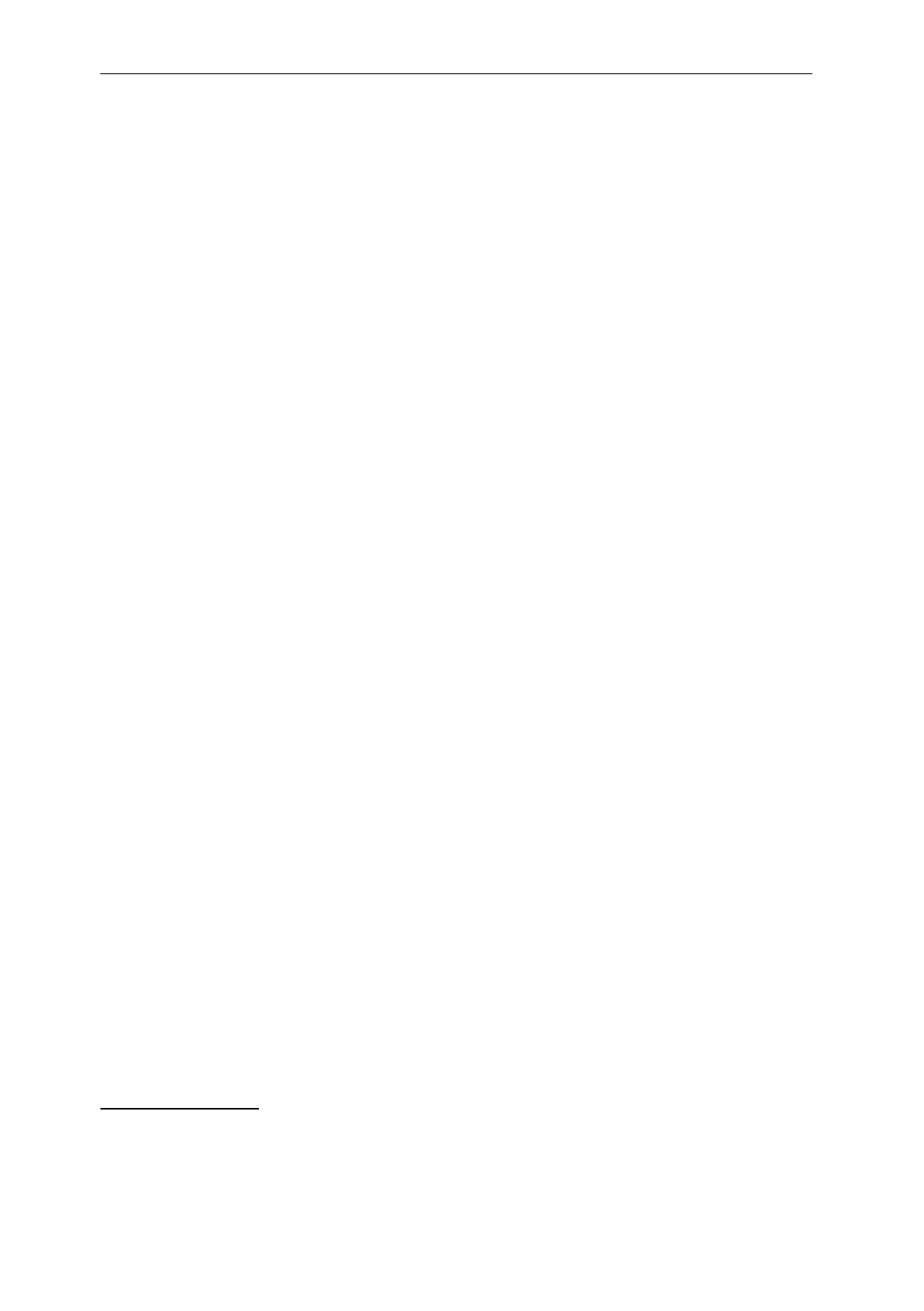

303
CYIL 7 ȍ2016Ȏ
THE UNITED NATIONS WAR CRIMES COMMISSION…
view; nevertheless, it constitutes a dark historical record on what happened in these
concentration camps and captures the Czechoslovak reaction thereto.
The Czechoslovak 1944 “Report on Conditions in the Concentration Camps of
Oswiecim and Birkenau” describes the inscription
Arbeit macht frei
over the entrance,
the inhuman working conditions, medical experiments and gas chambers, where
people “have to undress and are given a piece of soap and a towel as if they were going
to the baths”. Throughout the Report, it is demonstrated how the Nazis thoroughly
differentiated between the Jews and other victims even inside the concentration
camps: “On principle only Jews are put to death by gas, this is only done to Aryans
in exceptional cases. Aryans are shot with pistols…” A similar approach was applied
to the provision of food or in “the
Krankenbau
, the hut for the sick. The German
doctor divides sick persons into two groups: curable and seriously ill. The seriously
ill are disposed of by a phenol injection in the region of the heart. Among non-Jews
this is done only to those who are really seriously ill, while among the Jews 80 to 90
per cent of all those ill receive it.”
71
In this 1944 Report, Czechoslovakia included its suggestions,
inter alia
: “1) The
Allied Governments… should jointly address to the Germans and Hungarians
a threat of reprisals directed at the Germans in the hands of these Governments.
2) The crematoria… and watch towers should be bombed and so should the main
railway lines connecting Slovakia and Carpathian Ruthenia with Poland which are
also of military importance (especially the bridge at Čop)”.
72
It is not clear what
form of reprisals the Czechoslovak Government had in mind; nevertheless, the idea
of bombing the connecting railways seems reasonable and could possibly have saved
some of the Hungarian Jews. In spite of the pressure by the World Jewish Congress
and favorable position of Prime Minister Churchill, the bombing of Auschwitz had
unfortunately never happened - for various technical and strategic reasons described
elsewhere.
73
In addition to the above-mentioned Report, Czechoslovakia referred to other
pieces of evidence: to the charge submitted by the Polish War Crimes Office and to
the Soviet Union Communique of Extraordinary State Commission on Auschwitz
and Birkenau. Moreover, Czechoslovakia expressed its belief that “[t]here will be
a great deal more evidence in the near future”, as the “Soviet Union Communique
tells of 2,819 inmates of the Oswiecim camp rescued by the Red Army who could
be interrogated” and that it is “sure that among those witnesses will be at least some
Czechoslovak nationals.” At the same time, Czechoslovakia indicated its first witness,
Professor Berthold Epstein, Director of the Children’s Clinic attached to Prague
71
Ibid.
, Enclosure 6a, No. 4951/d/44, p. 1-3.
72
Ibid.
, p. 4.
73
See supra note 49, p. 248-252.
















